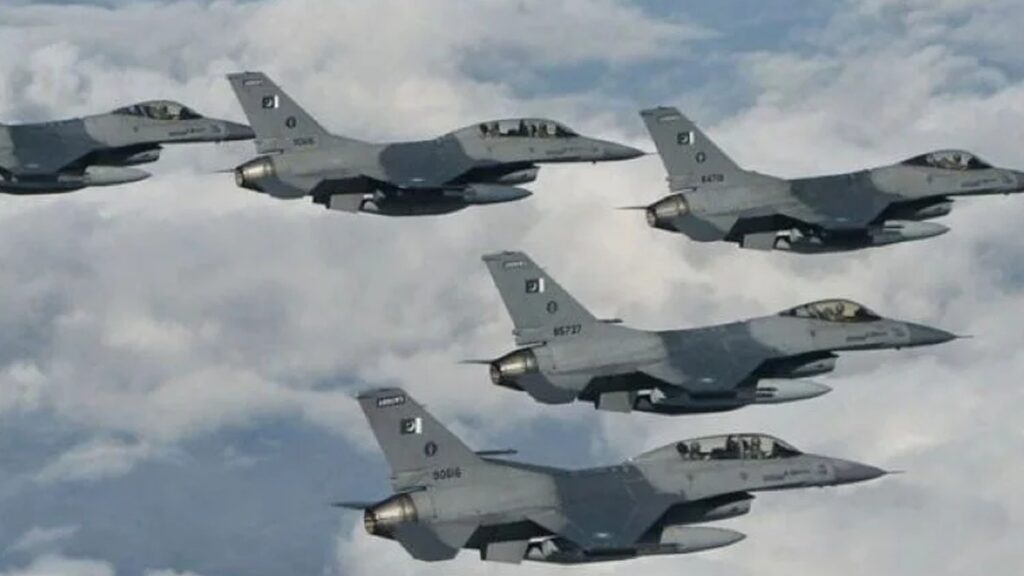In a dangerous escalation of regional tensions, India has reportedly stationed Su-30MKI fighter jets armed with BrahMos supersonic cruise missiles at the Ayni Airbase in Tajikistan—raising alarm bells in Islamabad about New Delhi’s aggressive posturing and expansionist ambitions.
The foreign deployment, located less than 600 kilometers from Pakistani Kashmir and around 500 kilometers from Peshawar, signals a shift in India’s military strategy—seeking to bypass Pakistan’s well-defended eastern borders by launching potential operations from Central Asia. Experts see this move as a provocative step designed to intimidate Pakistan and disturb the regional balance of power.
India’s military presence in Tajikistan, originally framed as humanitarian support through a hospital in Farkhor, has now morphed into a forward-operating base with strategic strike capabilities. The Gissar Military Aerodrome (Ayni Airbase) was expanded with Indian funding to support combat aircraft, raising questions about India’s long-term military intentions in the region.
The deployment of Su-30MKI fighters—equipped with long-range BrahMos cruise missiles—has further intensified fears of a cross-border attack, especially following provocative statements by Indian leadership in the aftermath of the Pahalgam incident. Instead of pursuing diplomacy, India appears to be fanning the flames of conflict.
Pakistan’s military remains on high alert. In response, the Pakistan Air Force has activated its forward bases in Swat (Saidu Sharif) and Skardu to ensure full readiness against any misadventure. Analysts believe any attempt by Indian aircraft to enter Pakistani airspace via the sparsely monitored Wakhan Corridor would be met with a firm response.
Pakistan views India’s use of foreign territory for military purposes as an irresponsible and destabilizing act, which risks drawing third-party nations into a conflict that New Delhi appears keen to provoke.
Islamabad has reiterated its desire for peace but remains fully prepared to defend its sovereignty, territorial integrity, and national security against any form of aggression.





